Singing With Pride: A Brief History of Queer Composers

By: Suzanne Whitney
Throughout June, we are grateful to be able to celebrate Pride Month. This is a chance to uplift the LGBTQ+ community, both the progress that has been made and the work yet to be done. One way to celebrate the community is by recognizing the voices who have made a difference to this art form we all love so much. The queer community has long supported many different parts of operatic production. There are LGBTQ+ singers, scenic designers, directors, members of the crew, conductors, choreographers, makeup artists, administrators, and more. Representation matters. Realizing you share part of a lived experience with an artist you admire can be huge. If you can see it, you can be it! Here, we are focusing a just a few of the queer operatic composers who have left their mark on music history. I hope these brief introductions encourage you to dive into the work of these incredible artists and to see them for the whole people they were and are.
Enjoy some of these artists’ greatest hits as you learn about their lives and music!
George Handel (1685-1759)
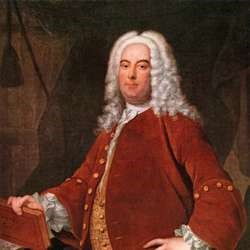
Handel’s vocal music is beloved by many. He wrote many oratorios (large, unstaged, usually sacred, orchestral work featuring vocal soloists and a chorus) like the often-performed Messiah, as well as his many operas, including Rinaldo. Handel was intensely private about his personal life, despite being quite a celebrity in London, where he spent most of his working life. Despite this, there are many written references to him socializing in queer circles. For a much deeper dive on the subject, check out Dr. Ellen Harris’ book Handel as Orpheus: Voice and Desire in the Chamber Cantatas.
Pyotr Tchaikovsky (1840-1893)
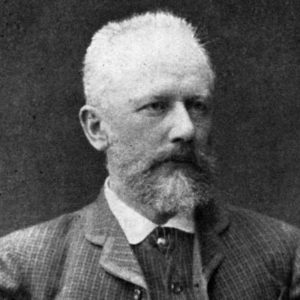 While Tchaikovsky is probably best known for his ballet’s like The Nutcracker and Swan Lake, his operas, including Eugene Onegin and The Queen of Spades, are celebrated by singers and audiences alike. I have personally listened to Tatyana’s letter scene in Eugene Onegin more times than I could ever count! Despite the beauty and popularity of his music, the history of his personal life is a sad one. During his lifetime, homosexuality was outright illegal in Russia. This obviously caused strife and turmoil for the composer. He suffered through a brief and unsuccessful marriage to Antonina Miliukova as a way to avoid public scrutiny. Throughout his too-short lifetime, he confided his feelings about his sexuality with his brother Modest through letters. Tchaikovsky was a man of great feeling, and we are fortunate to enjoy his music still today.
While Tchaikovsky is probably best known for his ballet’s like The Nutcracker and Swan Lake, his operas, including Eugene Onegin and The Queen of Spades, are celebrated by singers and audiences alike. I have personally listened to Tatyana’s letter scene in Eugene Onegin more times than I could ever count! Despite the beauty and popularity of his music, the history of his personal life is a sad one. During his lifetime, homosexuality was outright illegal in Russia. This obviously caused strife and turmoil for the composer. He suffered through a brief and unsuccessful marriage to Antonina Miliukova as a way to avoid public scrutiny. Throughout his too-short lifetime, he confided his feelings about his sexuality with his brother Modest through letters. Tchaikovsky was a man of great feeling, and we are fortunate to enjoy his music still today.
Francis Poulenc (1899-1963)
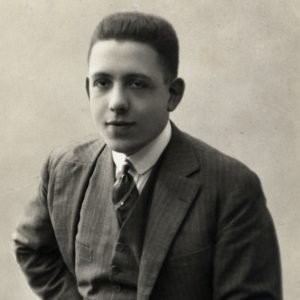
As a vocal composer, Poulenc is celebrated for his extensive catalog of art songs and the opera Dialogue of the Carmelites, among other works. Music critic Claude Rostand once said about him, “In Poulenc there is something of the monk and something of the rascal.” He first gained notoriety in the fashionable Parisian music scene as a member of Le Six—a group of composers inspired by jazz and avant-garde visual art and literature. However, much of his music later in life was influenced by his deep connection to his Catholic faith. Despite this seeming contradiction, Poulenc seemed relatively at ease with both sides of himself and is quoted as saying, “You know that I am as sincere in my faith, without any messianic screamings, as I am in my Parisian sexuality.”
Aaron Copland (1900-1990)
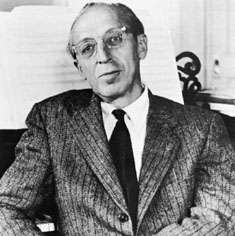
Copland is the quintessential American composer. His orchestral suite, Appalachian Spring, captures what many think of as the sound of American classical music. Although he is best known for his orchestral works, I happen to have quite a soft spot for his opera, The Tender Land. It tells the simple drama of a rural midwestern family. The music is unmistakably American, and the stories of family connection and love are timeless. While never outspoken about his sexuality, his close friends and students, including Leonard Berstein, encouraged him to come out publicly. Whether due to concerns about public reaction or other reasons he never did, but his music, mentorship, and encouragement certainly paved the way for other queer composers.
Samuel Barber (1910-1981) & Gian Carlo Menotti (1911-2007)
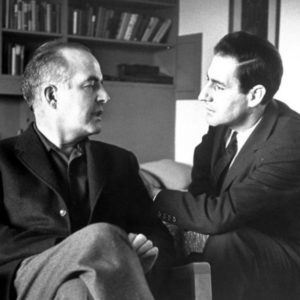
I choose to pair these two composers as they were a pair themselves! The two met while studying music at the Cutis Insitute and became lifelong partners—both in love and music. If that doesn’t just melt your heart, I don’t know what will. Barber is best known in popular culture for his work Adagio for Strings, often featured in TV and films—including famously in Platoon. He also wrote many art songs, including the song cycle Hermit Songs and a Pulitzer-Prize-winning opera Vanessa, for which Menotti wrote the libretto. Menotti wrote many operas, as well as penning a few libretti. His style very much grew out of the Italian verismo style and was often noted for its passion. Some of his most popular operas are Amahl and The Night Visitors, The Medium, and The Consul, which also won a Pulitzer Prize in 1950. What a power couple!
Laura Kaminsky (1956-Present)
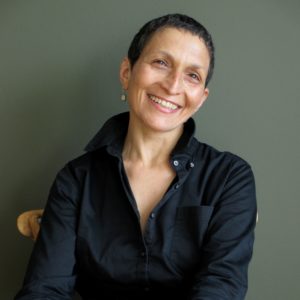
While Kaminsky may not be a household name, she will be familiar to Opera Colorado patrons as the composer of As One, a chamber opera we presented in 2017. It chronicles one individual’s journey toward self-realization. In this chamber opera, two voices—Hannah after (mezzo-soprano) and Hannah before (baritone)—share the part of a sole transgender female protagonist. Kaminsky has spoken about the fact that this story is just one example of the wide array of trans experience. She and her wife, visual artist Rebecca Allen, have collaborated with other artists and scientists on The Crossroads Project to find new ways to look at and engage with climate change.
Jake Heggie (1961-Present)
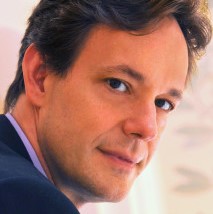
Heggie is a bit of a sensation in modern American opera. Based out of San Francisco, he is a prolific composer of art song, vocal chamber works, and opera. His first opera Dead Man Walking was produced by San Francisco Opera and premiered in 2000. Since then, he has written many more operas, including Three Decembers, Moby Dick, Great Scott, and even an operatic version of It’s A Wonderful Life. Heggie’s music is influenced by American pop culture, everything from broadway to radio to jazz. In 2008 Heggie married singer and actor Curt Branom.
Jennifer Higdon (1962-Present)
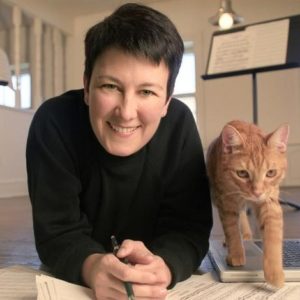
Jennifer Higdon is a prolific composer whose works are regularly performed around the country, notably with The Philadelphia Orchestra, The Chicago Symphony, The Atlanta Symphony, The Pittsburgh Symphony, and more. Her first opera Cold Mountain was co-commissioned by Santa Fe Opera, Opera Philadelphia, and Minnesota Opera. The world premiere took place in 2015 at Santa Fe Opera. She has a new opera commissioned by Opera Philadelphia, which portrays the real-life story of a 2012 art heist in the Netherlands. Higdon has been an outspoken advocate for female composers. While she doesn’t want the world to just see her and others only in that category, she openly acknowledges how much representation matters. I had the pleasure of interviewing her in 2018, and she told a story of a post-concert talk at the Baltimore Symphony featuring Marin Alsop, Hilary Hahn, and herself. During the event, a young girl raised her hand and said how exciting it was for her to see three incredible female musicians on the stage before her. The same kind of visibility supports the queer community as well.
As this very brief history comes to a close, I hope it is clear that lists like this are not meant to put these composers in a corner, but to lift them up, acknowledge their whole personhood, and thank them for their incredible contributions to the musical canon. As you have read, many of these folks could not safely acknowledge all parts of their identities during their lifetimes, and the fact of the matter is there are still members of the LGBTQ+ community who are unable to do so today. To those still living in insecurity, know that you are loved and that you can create great things. To all others who have read this, I hope you have enjoyed getting to know these incredible artists. Please listen to what they have created and celebrate who they are.
If you are in need of resources that support the LGBTQ+ community please find a few national and local options below.



Thank you for this enlightening article. I thoroughly enjoyed it!!!
So glad you enjoyed it!
How about Benjamin Britten?
Benjamin Britten is another good example of a queer opera composer!